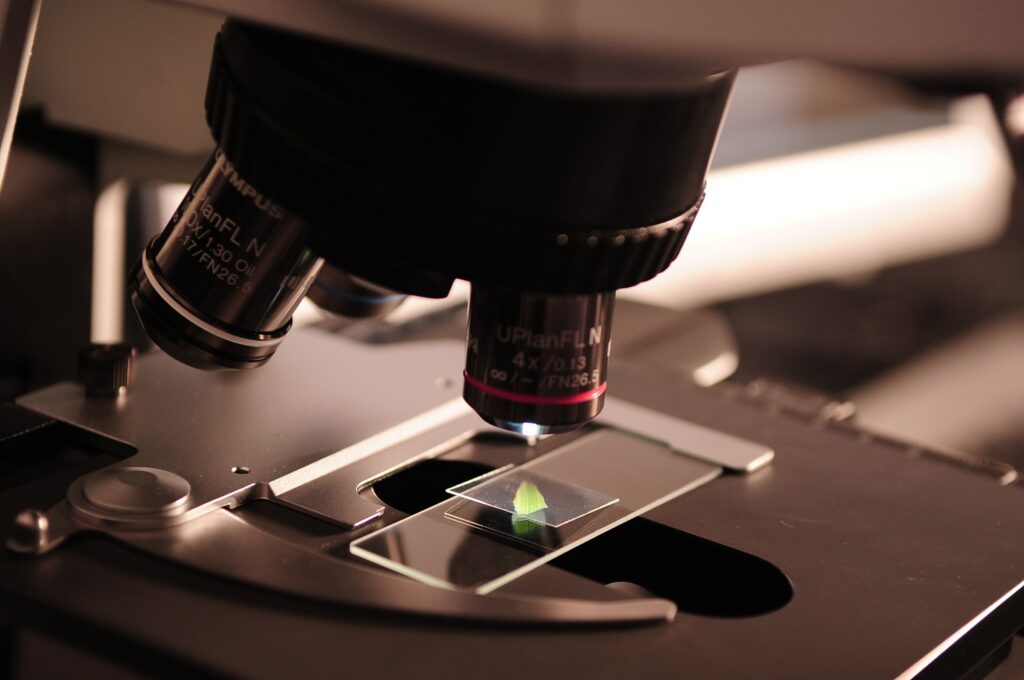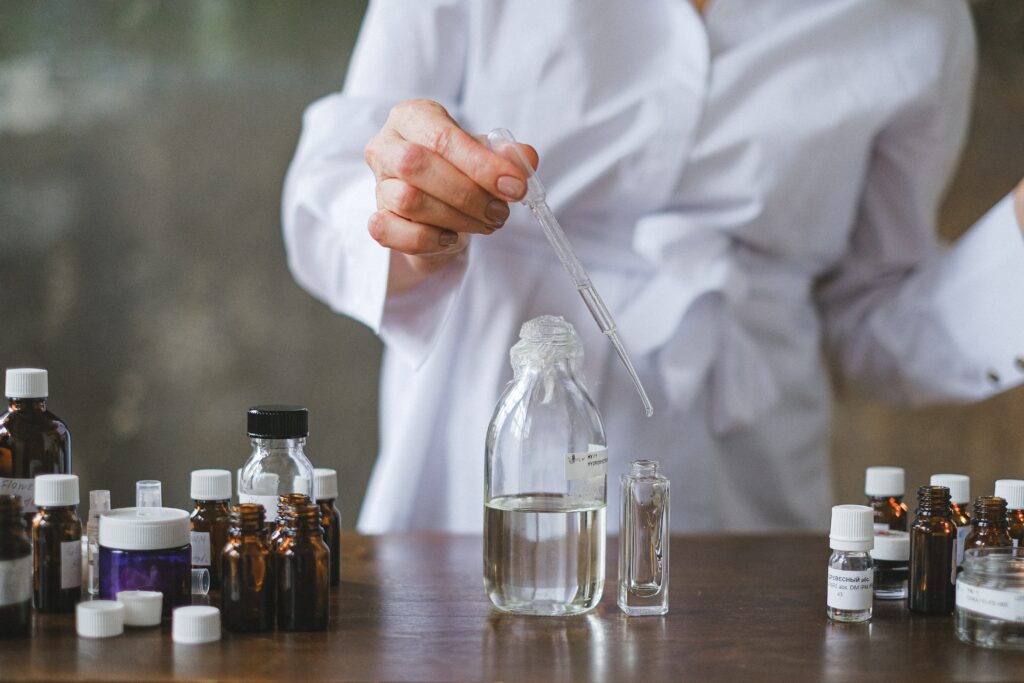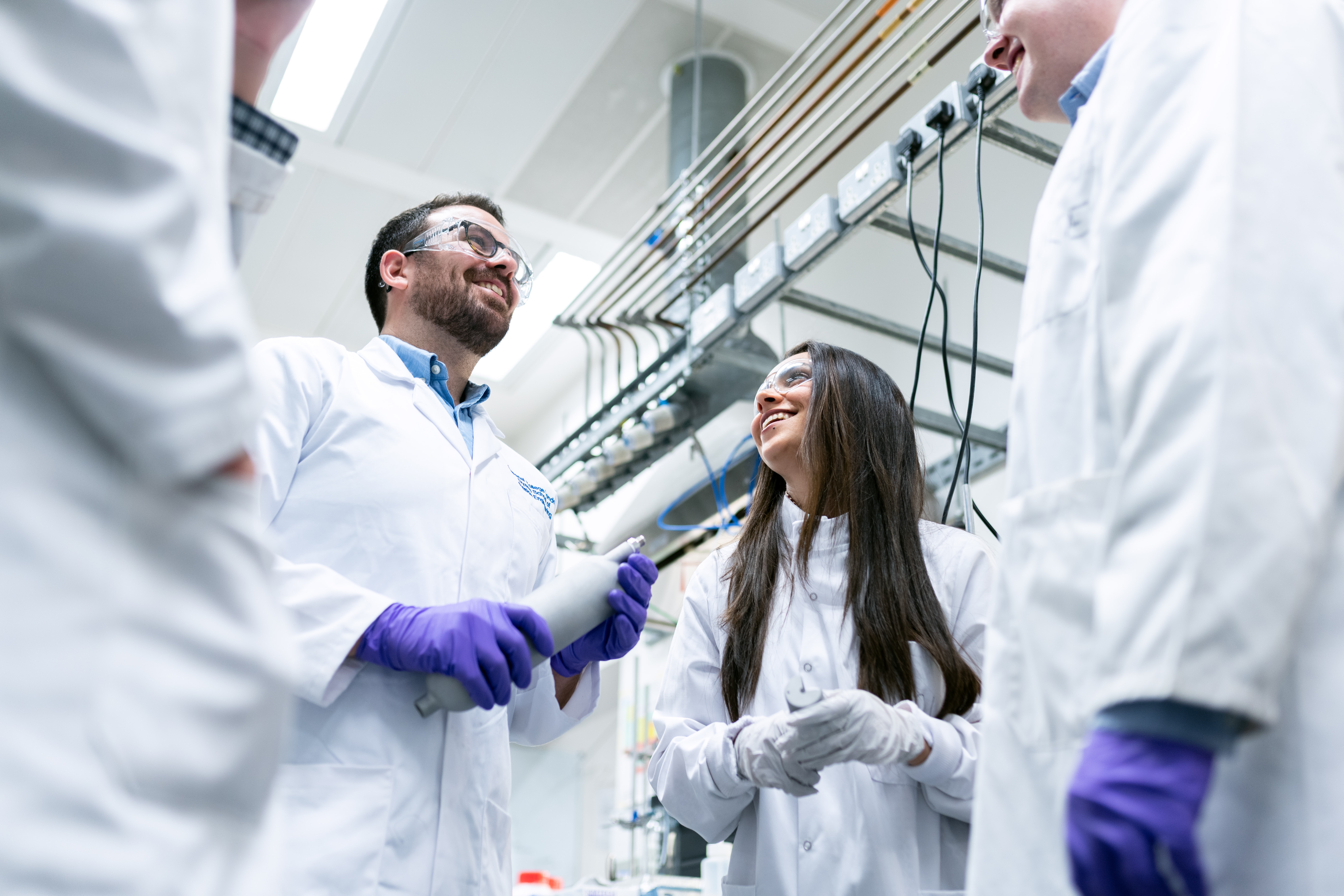Pursuing a life science career can be appealing. That’s because it is a high-paying job that allows you to make a difference in society. Another advantage is that you can work with people from different industries like agriculture, ecology, and IT. This includes working with a business mentor or striking a deal for your startup with private equity firms like Biospring Partners (co-founded by Michelle Dipp and Jennifer Lum).
If you consider taking STEM courses or thinking about what life-science career you should do, we are here to help you. That’s because we have listed 11 rewards careers in the Life Science industry that you can pursue.
Toxicologist
As a toxicologist, your job is to check raw materials or products for toxicology. That way, consumers would wonder whether a seemingly safe household item actually poses a threat. You can do this when you conduct experiments, lab tests, and field studies. You can even use the latest technology in monitoring toxicity levels in an item.
And the best part is you can find a career in various fields. You can be in the academe, forensic, or pharmaceutical. If you have a Biomedical Science degree specializing in toxic substances, this can be an excellent career path for you.
Microbiologist
Microbiology is the study of all living microorganisms. This includes bacteria and viruses.
As such, microbiologists are in demand in medicine and pharmaceuticals. However, they can also work in agriculture and food production. Because, you may don’t know, the presence of microbiome and fungi is what makes our food expire.
Biotechnologist

Biotechnologists integrate the science of living things, which is biology, into technology.
A biotechnologist’s job is to study and utilize biology to solve different issues from various sectors. This includes agriculture, health care, food production, pharmaceutical industries.
Medical Scientist
Medical scientists often research to know the cause of a disease. They will also look for various ways to cure and prevent these diseases from happening. To work as a medical scientist, you need to get a doctorate in biomedical science, have a medical degree, or both.
Biomedical Scientist
A biomedical scientist’s job is to examine medical samples in the blood and tissue. This is to help doctors diagnose and treat various diseases. They should have extensive knowledge in the field of anatomy, physiology, and pathology. Biomedical scientists can also share their knowledge with other medical professionals. An excellent example would be developing a vaccine for a new virus and testing its efficacy.
Industrial Pharmacist
An industrial pharmacist’s work involves creating safe and highly effective drugs and medicines. Usually, they can work at any stage in the process. This may include research and development, production, testing, and promoting duly approved drugs in the market.
Biochemist
These professionals study life’s processes at the molecular level. They will also use their knowledge to look at and even solve biological issues. Biochemists also research new products and processes in a wide range of areas. This includes food processing, agriculture, healthcare, and the pharmaceutical industry.
Biomedical Engineer

A biomedical engineer will analyze and provide solutions to any problems or issues in biology and medicine. Their end goal is to provide effective and quality patient care. These days, there’s an increase in demand for biomedical engineers. That’s because of the significant shift in the everyday use of machines and technology in various aspects of life.
Food Technologist
The job of a food technologist is to ensure that various food products are legally and safely produced. They should also be of top quality. Their work often involves creating manufacturing processes, as well as recipes for food and drinks.
They might also work with existing or just newly discovered ingredients to create various recipes and concepts. It’s also a part of their job to keep up with the different food production regulations, which can be essential for your job.
Forensic Scientist
Forensic scientists gather and analyze physical evidence at a crime scene. Hence, they are also called forensic science technicians or crime scene investigators. The evidence they gather and analyze can include blood samples, hair, clothes fiber, or glass.
After the lab tests, forensic scientists provide impartial scientific data. This serves as evidence in court, whether it is for prosecution or legal defense. To become a forensic scientist, one should have a keen eye on details, high levels of concentration, as well as a Biomedical Science degree.
Laboratory Technician
As a laboratory technician, you can be part of the early stages of drug development. For example, you can formulate a pain medication for people who are allergic to ibuprofen. As such, you can work in specific areas like pain management, alleviating allergy, and more. The overall goal is to increase knowledge on how and when a particular drug works in various models.

Here’s the thing: Taking STEM courses or working in the life science industry will not limit you to scientific research. You can also work for the government, provide technical consulting, or be in a management position.
Thus, you can pursue your dream career and have the chance to land a high-paying job.










